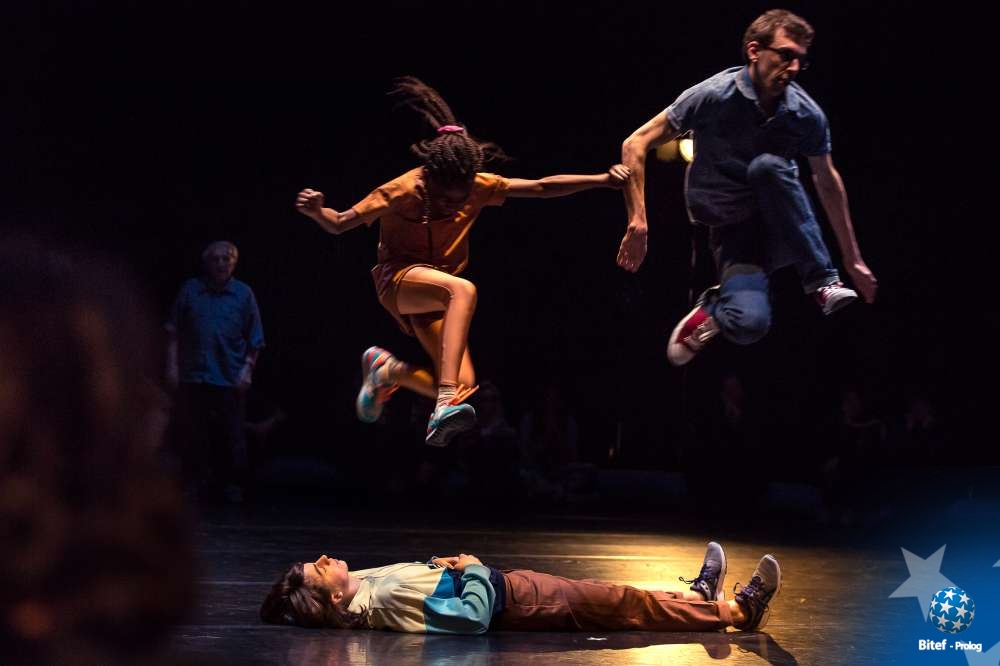Emerging as one of the outcomes of the system, at the turn of the century, are immersive theatre practices in search of all the opportunities offered by the “economy of experience“. They can be viewed as true reflections of neoliberal dictation, declaratively freed of ideology and focused on the narcissistic gratification of an individual - the independent and active citizen, eager to broaden the privileged world of pleasure with new stimuli, to participate in art, to produce, to choose, to overstep the known boundaries of the civic theatre framework. At the same time, the most important protagonists of immersive practices, seduced by the neoliberal ethos, readily respond to the demands of the market: they exhibit an enviable degree of entrepreneurship (artrepreneurs) and thus become not only its advocates but also its pillars. Legacies of participation and of contextual practices focused on changing social relations become but a distant echo, or even a just a low noise that hinders the reformulating of responsibility as a concept. However, the apotheosis of an individual and of all its nominal freedoms is easily exhausted already in the contents while the fundamental assumptions of the very performance are neglected. Theatre is an art of relations, this is for certain: it is impossible to remove, let alone ignore the potentiality of relations that are produced during each and every performing act. The immersive experience in a collective that theatre participants can jointly create, even before they feel it or even awaken it fully, is, at the same time, an experience of collectivity as a whole. Of one collectivity. Of a new collectivity. Of a possible collectivity. Perhaps a temporary one at the beginning, but no less important or strong. At the same time, it is also an experience of recreating relations - transindividual ones, created on the basis of the common, but not necessarily by eliminating singularity. The ideological matrix that we at first lack emerges with an experience of this kind. Many questions arise: Where are all the points of intersection of immersive theatre and commoning? How can contemporary immersive practices affect the perception, understanding and experiencing of communion? What kind of relations can be created in the course of an immersive theatre experience? In what way can the permeability of boundaries between all the participants of a creative process be interpreted in relation to the space of constructing alternative social models? What are the functions of collective creation? What are the scopes? And the limitations? How do immersive theatre participants view their social roles within the societies they work in? How could they view them?
The participants in the discussion on the potential influence of contemporary performance practices are theorists and authors who in their work recognize different forms and outcomes of immersive processes, as well as their political implications. There will be discussion of participation, the direction of actions set in motion, certain turns and the hidden powers of theatre contemporaries.
